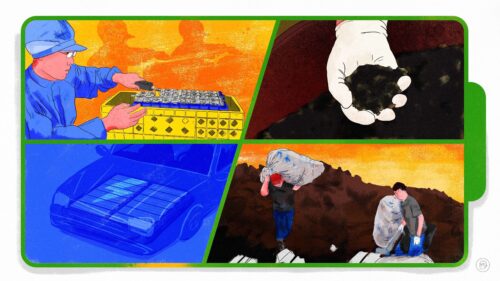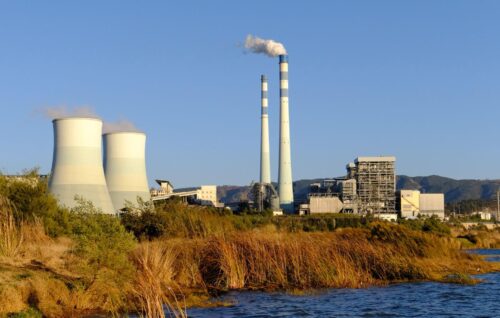Cadmium poison in a battery-making town
A summary of the top news in Chinese politics and current affairs for August 15, 2017. Part of the daily The China Project newsletter, a convenient package of China’s business, political, and cultural news delivered to your inbox for free. Subscribe here.

Caixin has published an exposé (paywall) on Xinxiang, a town in central Henan Province that once had over a hundred battery-making factories, and how it provides a “case in point” to a common problem in China: the clash of “fast-paced and sometimes reckless economic development” and workers’ safety and the health of the environment.
Here’s what many workers in Xinxiang have had to deal with:
- Long-lasting poisoning from the heavy metal cadmium, which in its oxide form was handled by factory workers with their bare hands when making nickel-cadmium batteries.
- Nickel-cadmium batteries were once widely used in portable power tools and electronic devices, but their use is now restricted in many countries because of harmful effects on the environment.
- Hundreds of employees of Henan Huanyu Power Source Company and other battery makers were exposed to cadmium, which often causes incredible pain and kidney failure and for which there is no cure.
- Though some have considered it, no legal remedy is likely to be found for these workers, Caixin notes, because many companies are state-owned, including Huanyu. “Chinese courts have the power to refuse to hear lawsuits. They’ve been known to do so if the potential defendant is a government agency or state-owned firm,” Caixin says.
The toxic metal has also permeated the environment in Xinxiang:
- A worker interviewed by Caixin said that as much as 40 tons of water are needed to produce 1 ton of the cadmium product used in manufacturing, and untreated wastewater was simply dumped into the Mingshengqu River, which was labeled one of the most polluted rivers in the region by the provincial government in 2015.
- A Beijing-based environmental NGO recently found that 12 wheat samples collected in Xinxiang were “laced with up to 10 times the amount of cadmium allowed under national standards for grain products,” indicating severe soil pollution. This problem is present throughout China: A government study previously found that nearly one-fifth of China’s farmland was contaminated.
- India
India and China ‘preparing for armed conflict’ if Bhutan solution not found / The Independent
Regular ceremonial meetings not attended by either side.
China Vice Premier Wang Yang in Nepal, Doklam on agenda / Indian Express - U.S.-China relations
China warns it will ‘take action to defend interests’ if US harms trade ties / Reuters
China Ministry of Commerce said country will “absolutely not sit by and watch” if the U.S. “disrespects multilateral trade principles.”
Following ‘fire and fury,’ Trump looks to ease tensions in Asia / NYT (paywall)
Top U.S. general says committed to working through difficulties with China / Reuters - North Korea — sanctions
China pressed iron ore traders to halt business even before UN sanctions / Reuters - South China Sea
Philippines says China has agreed no new expansion in South China Sea / Reuters
Philippine Defense Minister claims “new status quo,” but did not comment on recent excursions of Chinese ships.
Drilling ship leaves Vietnam oil block after China row / Reuters
Beijing is using underwater drones in the South China Sea to show off its might / CNBC - Hong Kong
Hong Kong activist arrested over claim Chinese agents stapled his legs / The Guardian






